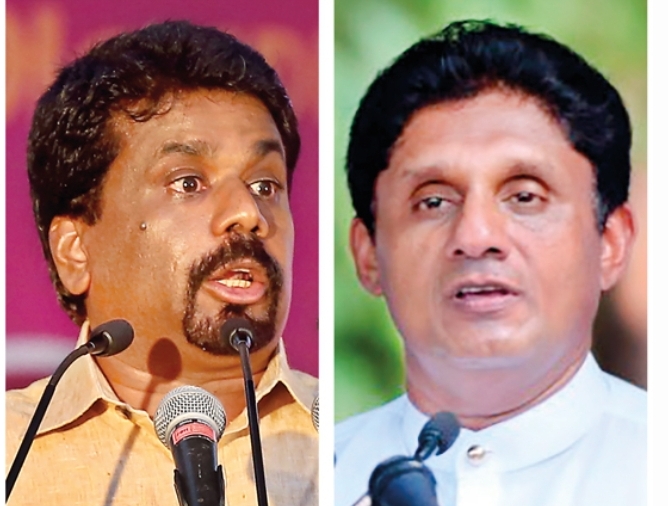The political arena of Sri Lanka has recently witnessed a dynamic exchange of challenges and invitations as the National People’s Power (NPP) issued a bold call to Sajith Premadasa, leader of the Samagi Jana Balawegaya (SJB). At the heart of this call lies the proposition of a public debate, a forum aimed at fostering transparency and accountability within the nation’s political discourse.
In a press conference held today, Tilvin Silva, General Secretary of the NPP, laid out the terms of engagement. The NPP, cognizant of the demanding schedules of both parties involved, proposed four potential dates for the debate. This gesture, according to Silva, was a proactive attempt to accommodate any prior commitments Sajith Premadasa might have. It was an olive branch extended in the spirit of fairness and inclusivity.
“We proposed four dates, assuming that Sajith may be busy. Anura Kumara is also a busy person engaged in a tight schedule. We proposed four dates considering the importance of the debate. If the Sajith faction is claiming that this debate is so important, they can choose any one of the four dates. If he is unable to make it on any of the four dates, we request him to propose a date convenient to him,” Silva elaborated during the conference.
The invitation, however, comes with a clear ultimatum. Should Premadasa find himself unable to participate on any of the proposed dates, the onus lies on him to suggest an alternative that aligns with his schedule. This stance, as articulated by Silva, underscores the NPP’s unwavering commitment to engaging in meaningful dialogue for the betterment of Sri Lanka’s political landscape.
Yet, amidst this call for transparency and dialogue, echoes of skepticism linger. Silva expressed concern that Premadasa’s reluctance to commit to the debate might indicate a desire to evade rather than confront the issues at hand.
“He is only trying to find ways to evade the debate instead of trying face it,” Silva remarked, casting a shadow of doubt over Premadasa’s intentions.
Indeed, the stakes of this proposed debate are high. It presents an opportunity for both leaders to present their visions, policies, and plans to the public, inviting scrutiny and evaluation. In a democracy, such exchanges are not just symbolic; they are essential pillars upon which informed decisions are made.
As the political drama unfolds, the eyes of the nation remain fixed on Sajith Premadasa’s response. Will he rise to the challenge, affirming his commitment to transparency and accountability? Or will he succumb to the shadows of doubt, leaving unanswered questions lingering in the minds of the electorate?
The ball now rests firmly in Premadasa’s court. The choice he makes will not only shape the trajectory of this debate but also reverberate through the corridors of Sri Lankan politics, resonating with the aspirations of its people for a brighter, more accountable future.


